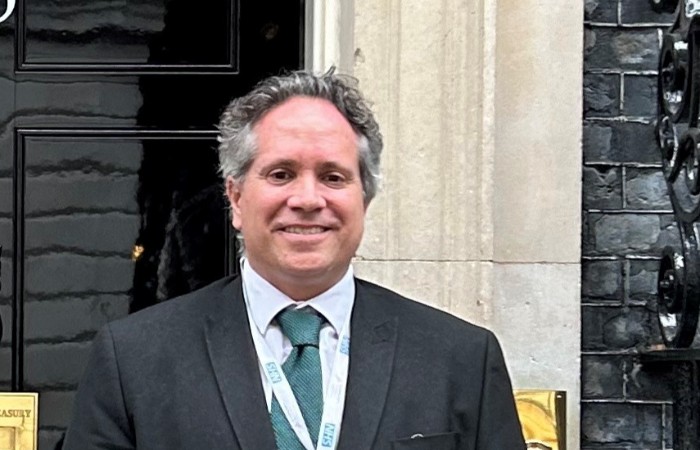BMA vote to end pharmacy blood pressure checks ‘terribly short-sighted’
In Health & NHS news
Follow this topic
Bookmark
Record learning outcomes
The National Pharmacy Association chair Nick Kaye has criticised doctors in England for voting to end blood pressure checks in pharmacies “with immediate effect,” describing the decision as “terribly short-sighted.”
Kaye (pictured) went on the offensive following the vote on Friday which was taken after a motion was put forward during the British Medical Association’s conference by Devon local medical committee that said “the wastefulness of paying a seventh of a practice’s (general medical services) fee per patient for a blood pressure check that then generates more work for the practice be terminated with immediate effect.”
Devon LMC said the money should be put into pharmacy dispensing fees.
“It benefits no-one, least of all patients, for one set of health care professionals to talk down the services provided by another,” Kaye said.
“Investment is needed across the system, including both general practice and community pharmacies, working together to give the best possible care.
“We very much support the development of pharmacy-based NHS clinical services that improve access and choice, especially where these can provide more convenient care for patients and relieve pressure on other parts of primary care.”
Devon LMC also called for NHS England to fund pharmacies’ “core work of dispensing appropriately” but insisted their survival should not hinge “upon doing work” that is “traditionally and contractually the remit of general practice.”
“It would be terribly shortsighted to row back on preventative services such as hypertension case finding, which will be cost-saving as well as lifesaving in the long term,” Kaye said.
“The NHS will only meet the growing needs and expectations of our ageing population if it makes the most of capacity and skills across the whole system.
“Pharmacists want to be team players, with all professions in primary and secondary care respecting each other's skills and working together in the interests of patients."

